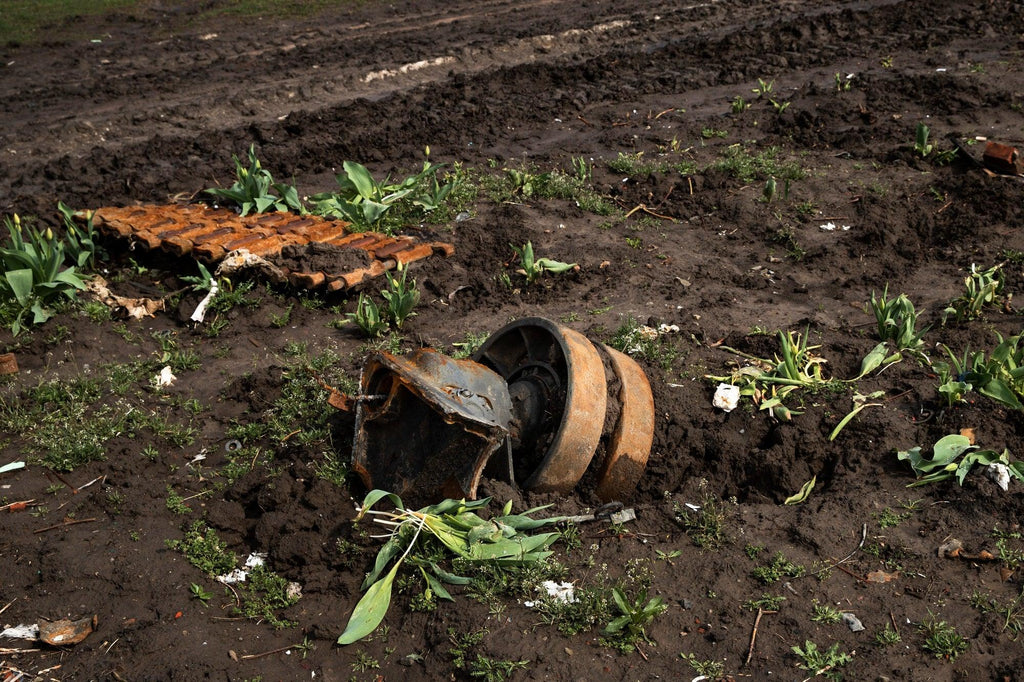
Understanding the Root Causes of the 1980s Farm Crisis

Introduction: The 1980s farm crisis marked a period of profound economic distress for American farmers. The collapse of crop prices and dwindling farm income during this era can be attributed to several interrelated factors, leading to severe challenges for agricultural communities across the United States.
-
Crop Surplus: Rapidly escalating food demand in the 1970s encouraged farmers to ramp up production. However, by the early 1980s, an oversupply of crops emerged, causing a sharp decline in prices. Staple crops like corn, wheat, and soybeans were particularly affected, exacerbating the crisis.
-
High-Interest Rates: During the early 1980s, interest rates soared to unprecedented levels, making it extremely difficult for farmers to secure loans for essential resources such as land, equipment, and inputs. This hindered their ability to expand operations and maintain existing costs, aggravating financial strains.
-
Favoring Industrial Agriculture: Agricultural policies of the time favored large-scale industrial agriculture, offering support and subsidies to agribusinesses while leaving smaller, family-owned farms at a disadvantage. This imbalance exposed smaller farmers to fierce global competition, compounding their difficulties.
-
Global Competition: As the global population grew, the demand for food surged, intensifying competition from foreign farmers, particularly those in developing countries. Their ability to produce crops at lower costs exerted additional pressure on American farmers, creating an uneven playing field.
-
Natural Disasters: Natural disasters, such as droughts and floods, struck various regions, resulting in crop failures and further reducing farm income. These unpredictable events added to the challenges faced by farmers during the crisis.
The farm crisis of the 1980s inflicted significant hardships on farmers and rural communities. Many were compelled to sell their land and equipment, while others accumulated substantial debts to survive. The crisis contributed to a decline in rural populations as individuals sought employment in urban areas.
This historical episode emphasizes the importance of a stable and equitable agricultural system. It underscores the need for policies that prioritize small-scale family farming and sustainable agricultural practices. Additionally, investing in rural communities and infrastructure is crucial to ensuring farmers' access to vital resources, fostering their resilience and success.
